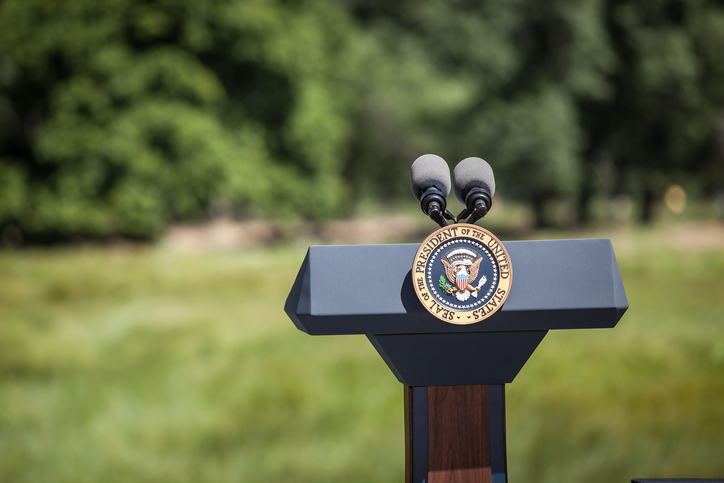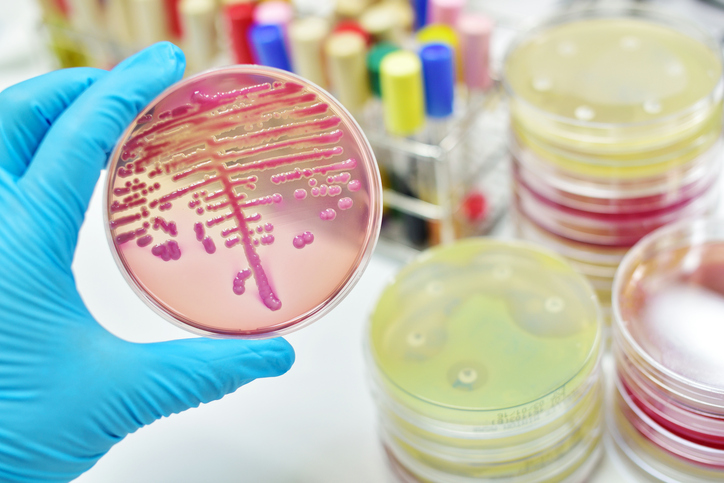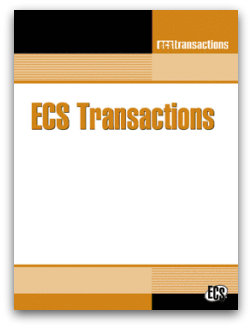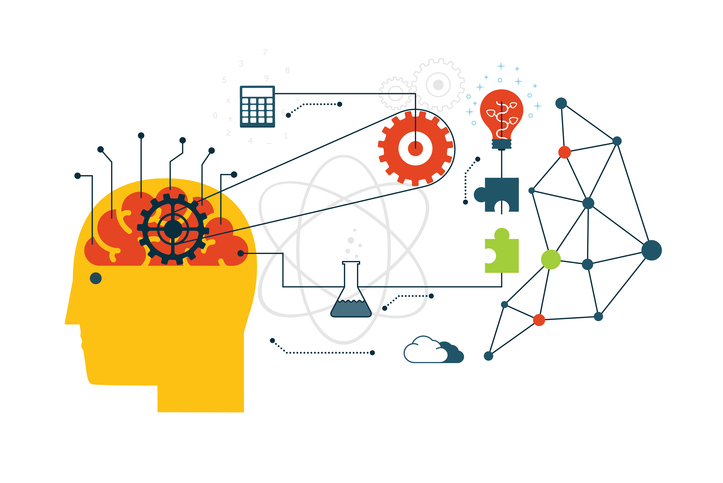 While not the only source of science, government funded research plays a huge role in the lives of many individuals. From something as simple as the weather apps underpinned by the National Weather Service to the Food and Drug Administration’s work on preventing Salmonella, this tax-payer funded research shapes lives and helps provide knowledge to make crucial decisions.
While not the only source of science, government funded research plays a huge role in the lives of many individuals. From something as simple as the weather apps underpinned by the National Weather Service to the Food and Drug Administration’s work on preventing Salmonella, this tax-payer funded research shapes lives and helps provide knowledge to make crucial decisions.
On January 23, word came from the White House that almost all U.S. scientific government agencies had been temporarily barred from communicating with the public via press releases, blogs, and social media.
It’s not currently clear how extensive the gag order is – with some reports saying that explanations of just published peer reviewed research are barred, while others citing a much more lenient scenario – but it is confirmed that almost all agencies, from the U.S. Department of Interior to the Department of Health and Human Services, received a memo restricting – to some degree – outreach to the public.
Even after the gag order was put in place, federal agencies such as the Badlands National Park continued tweeting on its official account with a stream of facts pertaining to climate change. The tweets have since been deleted, though the park did address the president in a letter on Huffington Post.


 As the demand for newer, faster electronics rises, so does the amount of e-waste across the globe.
As the demand for newer, faster electronics rises, so does the amount of e-waste across the globe. Walk into your typical U.S. or U.K. grocery store and feast your eyes on an amazing bounty of fresh and processed foods. In most industrialized countries, it’s hard to imagine that food production is one of the greatest challenges we will face in the coming decades.
Walk into your typical U.S. or U.K. grocery store and feast your eyes on an amazing bounty of fresh and processed foods. In most industrialized countries, it’s hard to imagine that food production is one of the greatest challenges we will face in the coming decades. A recent report published by the National Oceanic and Atmospheric Administration (NOAA) states that the
A recent report published by the National Oceanic and Atmospheric Administration (NOAA) states that the  With the
With the  Thirty seven new issues of ECS Transactions have just been published from PRiME 2016; these are the “standard” issues and they cover a wide variety of topical interest areas.
Thirty seven new issues of ECS Transactions have just been published from PRiME 2016; these are the “standard” issues and they cover a wide variety of topical interest areas. Microelectronics has transformed our lives. Cellphones, earbuds, pacemakers, defibrillators – all these and more rely on microelectronics’ very small electronic designs and components. Microelectronics has changed the way we collect, process and transmit information.
Microelectronics has transformed our lives. Cellphones, earbuds, pacemakers, defibrillators – all these and more rely on microelectronics’ very small electronic designs and components. Microelectronics has changed the way we collect, process and transmit information. New research led by ECS Fellow
New research led by ECS Fellow  A new initiative that goes by the name,
A new initiative that goes by the name,